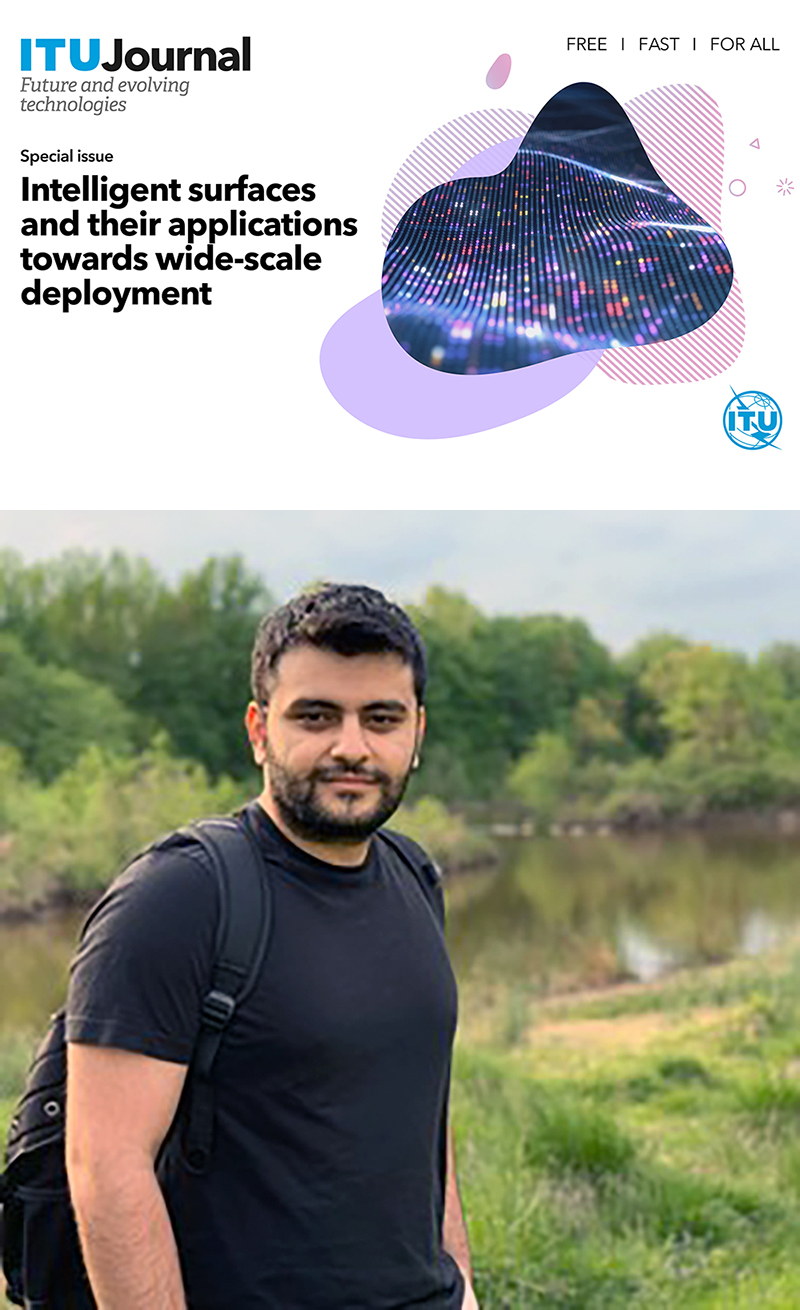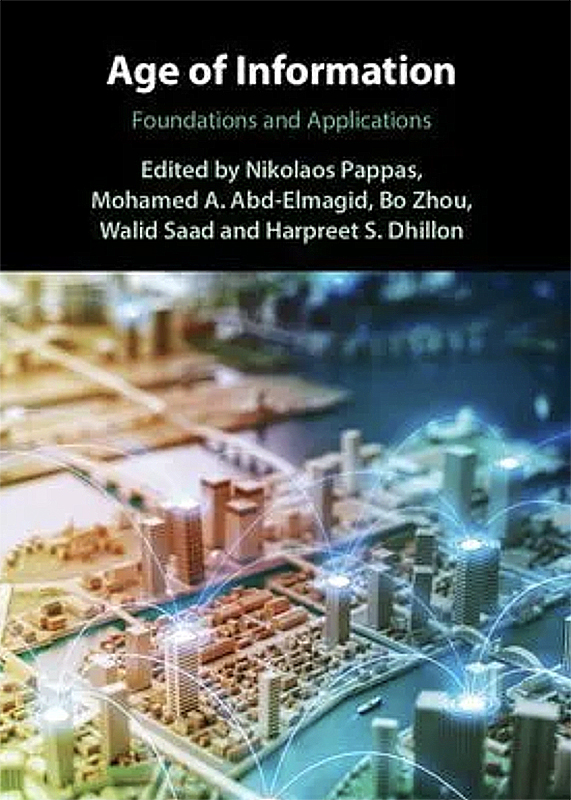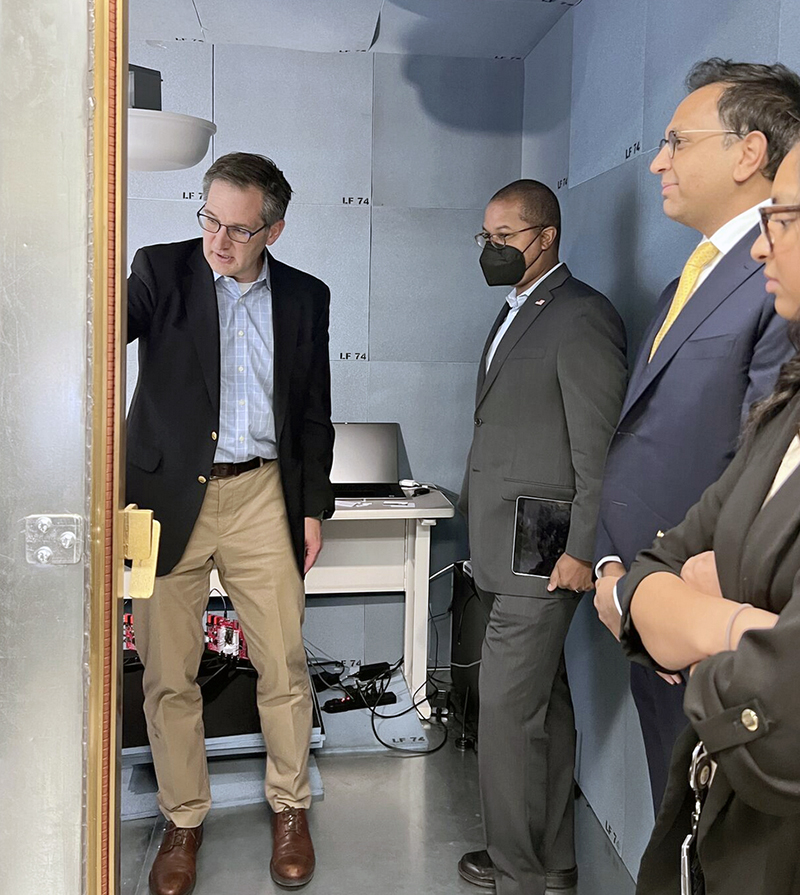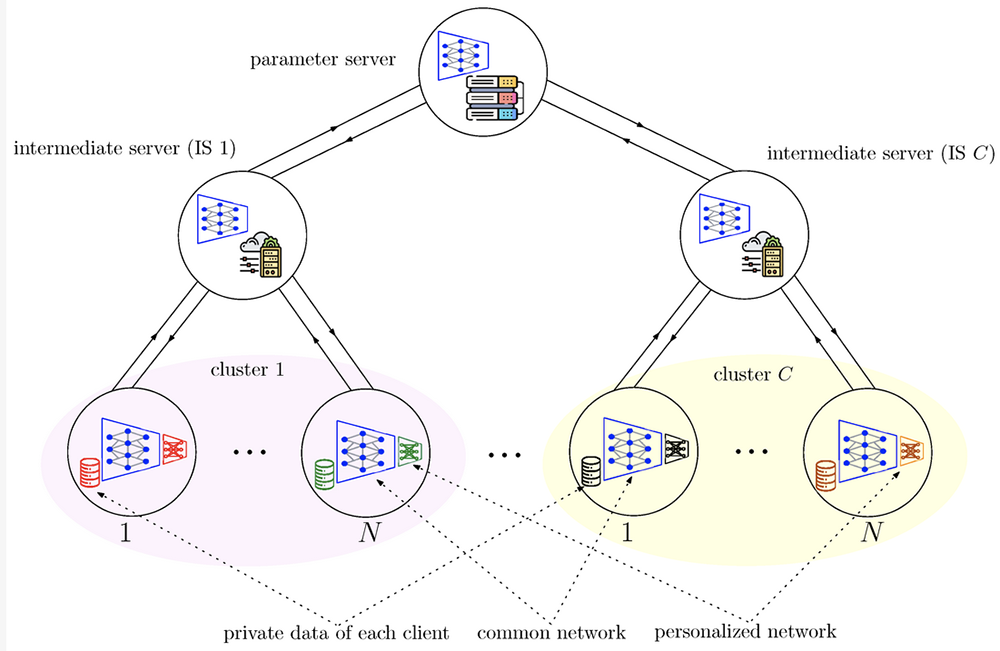News Story
Barg is principal investigator for new NSF information recovery award
Professor Alexander Barg (ECE/ISR) is the principal investigator for a new three-year, $500K National Science Foundation award, Information Recovery Under Connectivity and Communication Constraints.
The Communication and Information Foundations project addresses data storage issues connected with modern, large-scale distributed storage systems.
These systems store data on thousands of storage nodes, and failure of individual nodes is an everyday operational reality. Companies maintaining storage systems make provisions for node failures, relying on erasure codes to ensure data integrity. While specialized encoding methods developed in recent years involve the minimum amount of inter-nodal communication possible for such systems, most current solutions rely on the common assumption of universal connectivity between the nodes. At the same time, in many applications starting with Internet-of Things, connections between the nodes are established based on physical proximity or similar features that affect the ability of the nodes to communicate with each other or with the data collector.
This project investigates methods of data recovery in systems with limited connectivity whereby the cost of data repair is governed by the length of the path between the nodes, and therefore depends on the topology of the network. It intends to establish fundamental limits of communication complexity of data recovery that account for connectivity properties of the underlying network as well as to construct coding methods that ensure data integrity against node failures, incorrect information, or adversarial action that approach the bounds on the minimum possible amount of communication.
As an indicator of the network properties, the research will investigate limits of data recovery in random networks and to quantify thresholds between high-probability recovery and the impossibility of recovery in random networks. This project also will examine algebraic constructions of codes that correct errors under communication constraints including codes on algebraic curves, and optimal-repair codes for the cooperative repair model.
Published June 12, 2018







